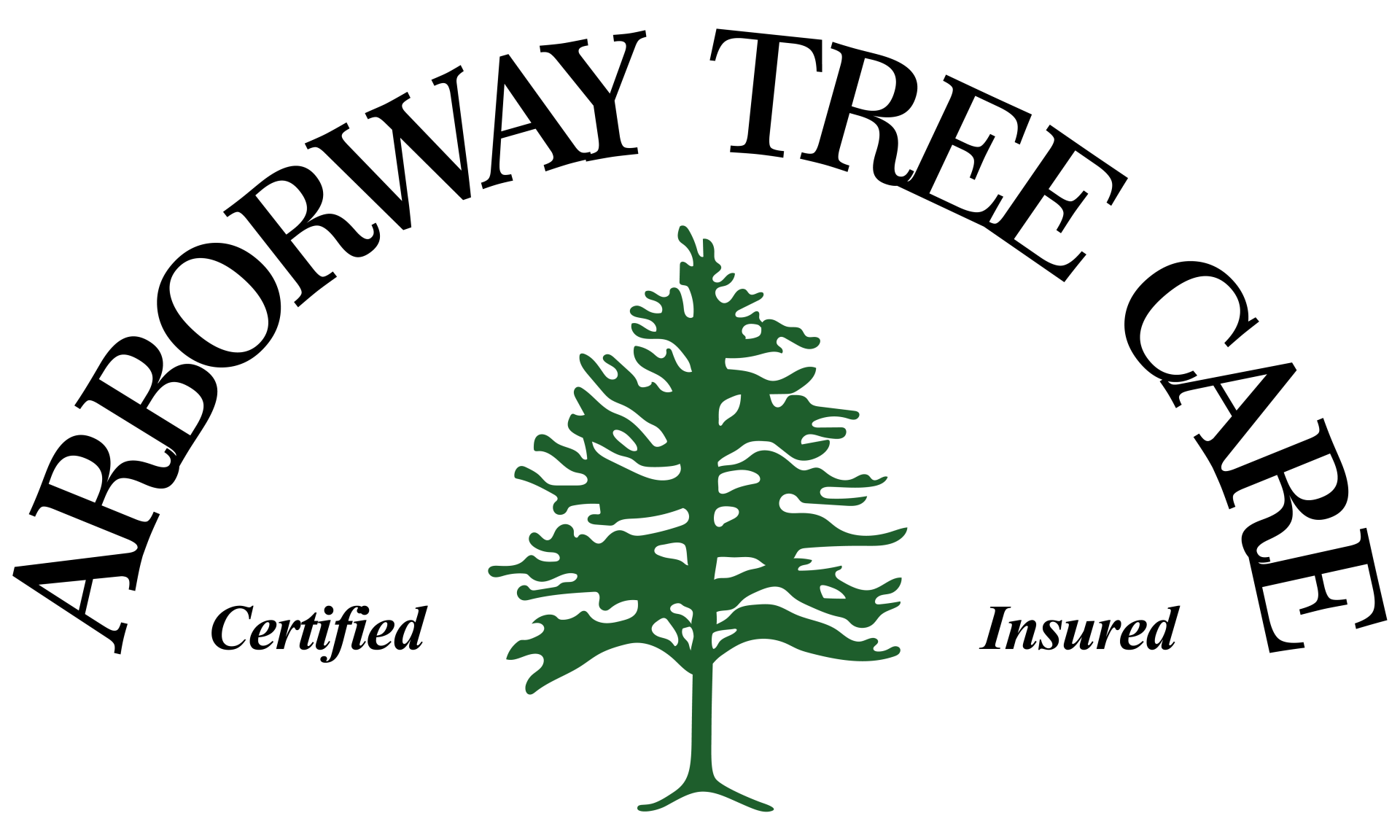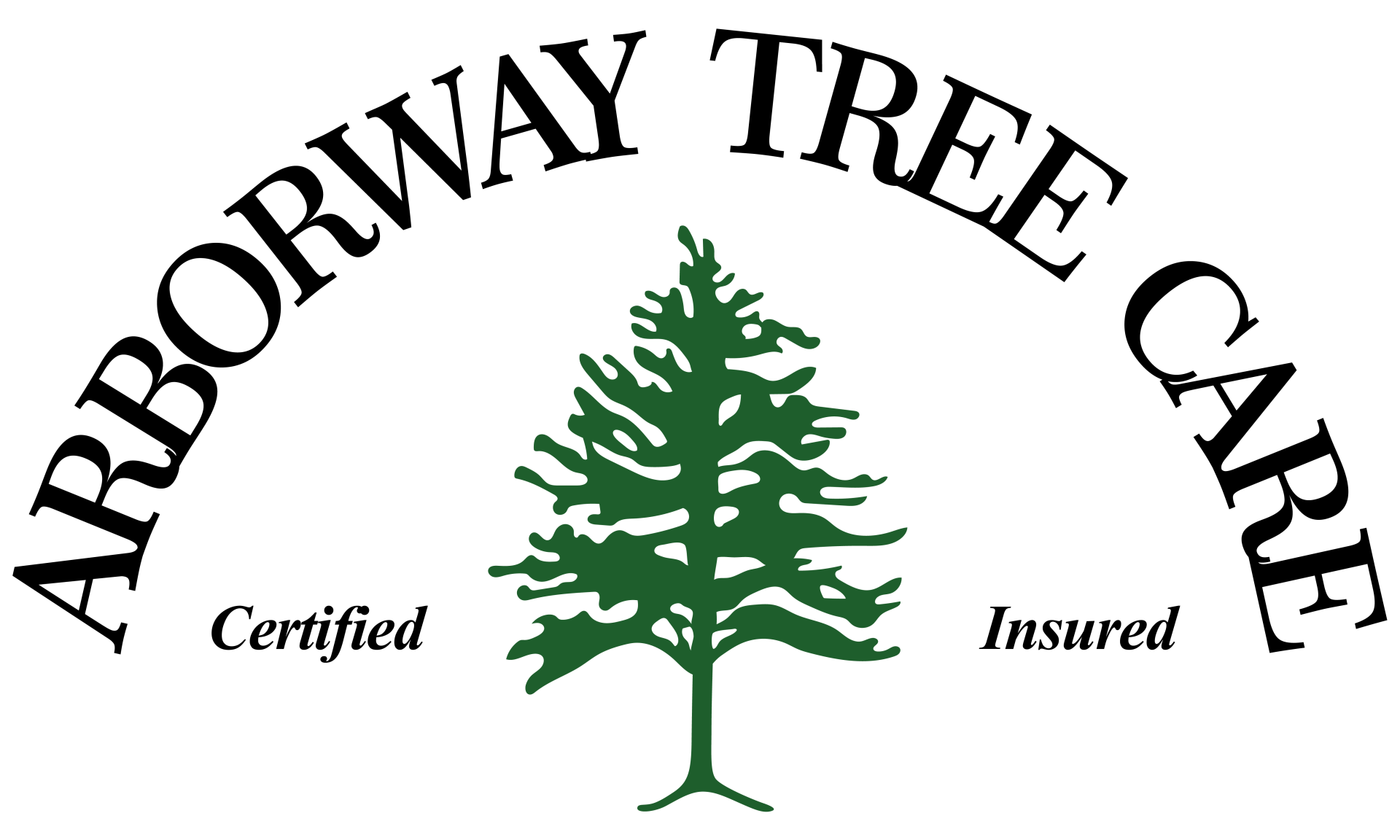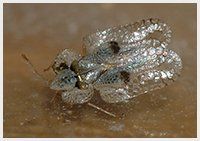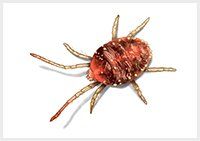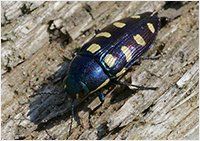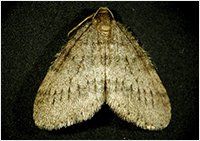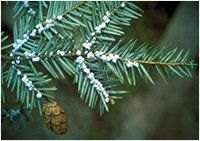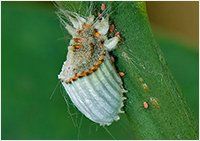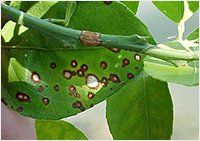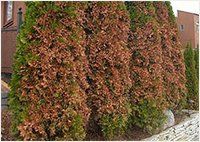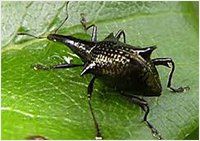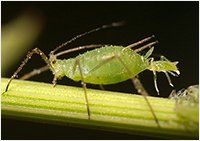Managing Plant Health
Plant Health Care
Pest and Disease Control
Overview:
The objective of Arborway Tree Care’s plant health care services is to improve and maintain the vitality, safety and appearance of all landscape assets on a property. Early detection and proper treatment can save trees and shrubs from pest damage and disease. Using the most cost-effective and environmentally sensitive practices and treatments available. The services that we provide must be timely and precise for proper pest management. In addition, plant healthcare involves routine monitoring, preventive treatments and a strong working relationship between the arborist and the property owner.
Plant Health Care is a proactive approach for managing plant health. Plant Health Care is based on the knowledge and understanding of the plant and its environment. This knowledge guides decisions in identifying and correcting underlying problems affecting the plants health.
Arborway Tree Care’s Insect and Plant Disease Control uses information on the preventative and control measure of various insects and diseases.
We ensure that common insect pests and diseases are kept in check for your trees and landscape plants. We provide an Integrated Pest Management (IPM) service that specifically works with your property and plants to keep them healthy and reduce the impact on the environment.
When a Certified Arborist from Arborway Tree Care arrives on site, they employ a systematic approach, considering many factors, beginning with thorough evaluation of the site. Then, bringing your areas of concern into focus, they will:
- Properly identify the species
- Uncover patterns of abnormality
- Note pre-mature leaf and needle size/color
- Inspect the trunk and scaffolding limbs
- Examine the root collar and root zone throughout the surrounding soil
In addition to the harm insects do on their own, they can also transfer disease from one tree to another, perpetuating the damage. Identifying diseases accurately requires an expert, and treatment is specific and individual depending on the species, location and size of tree.
Preventing disease and insect infestation is always the best course of action. Use the expertise of Arborway Tree Care to ensure your shrubs and trees remain free of these harmful disorders!
Deep Root Fertilization:
Used to promote vigorous root & plant growth, especially those under stress. The fertilizer is injected into the ground around the root zone of the tree. This water based fertilizer consists of micro-nutrients, root stimulators, and epsom salts to help make the nutrients in the ground more available to the tree.
Fungicide can also be added to help specimens with fungus problems. Results- healthy good looking plants and trees!
Aerate soil around trees with an air spade
Soil compaction is a big problem for our landscape plantings and trees. Soil can build up around the base of your trees, covering the root flares. This can lead to problems with decay around the base of your tree. Trees with buried root flares are also more susceptible to pests and diseases due to overall stress. Soil around the base of the tree tends to hide girdling roots that are very damaging to your trees and can often lead to their death.
Air removal of soil can be highly beneficial for the overall health of trees that were initially planted too low or now have compacted soil built up around the base of the trunk. It also relieves compaction due to construction, poor soil structure and over watering. And again, it also gives the arborist a chance to discover and remove damaging girdling roots.
Plant health care: Top Ten Tree Problems
Get a quote
How It Works
1. Contact us
Contact us by phone, email, or via the quote form.
2. Tell us your needs
Describe your project and tell us your budget.
3. Approve estimate
We'll prepare a plan for you to review and approve.
4. Project kick-off
Once we've agreed on all the details, we'll get started.
5. Project ends
Project ends on time, and when you're fully satisfied.
